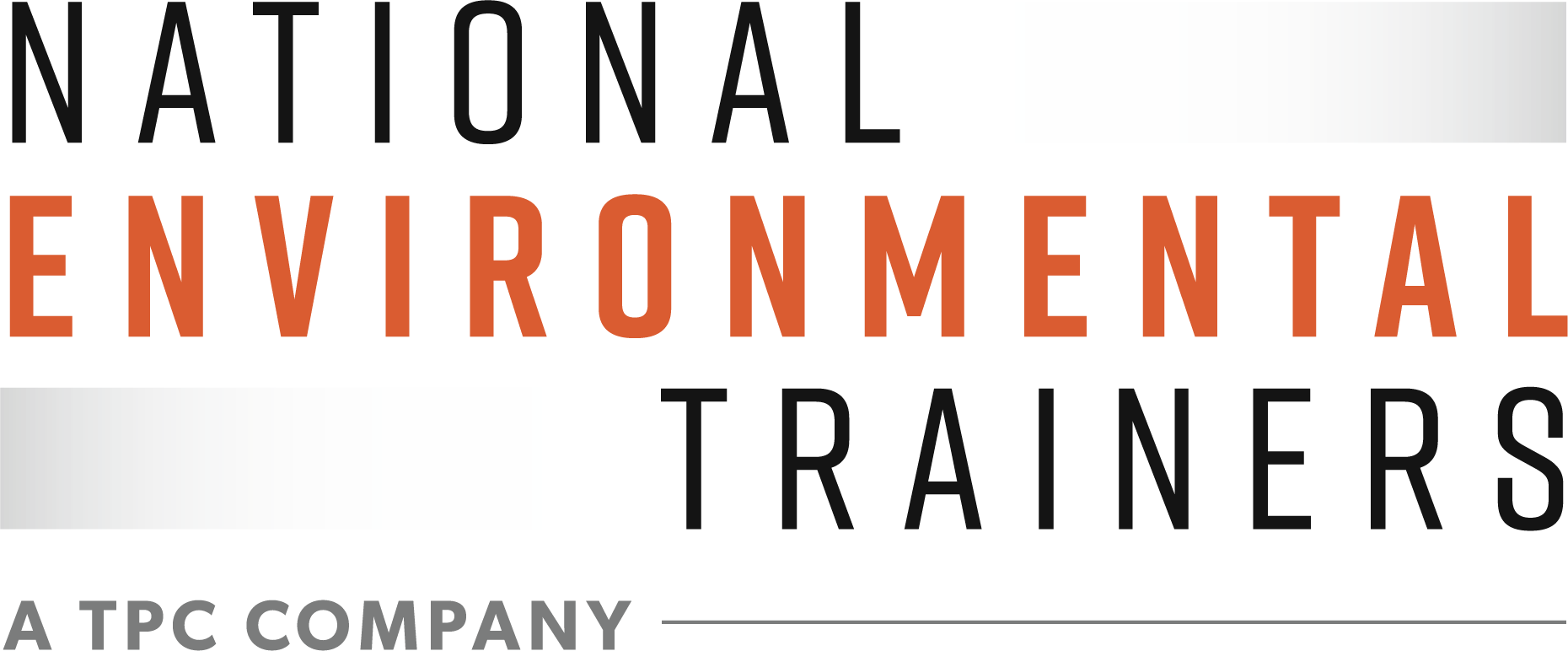Mold Remediation Contractor
Do You Need to Take the Mold Remediation Contractor Course?
The Mold Remediation Contractor course is intended for individuals seeking training as a Mold Remediation Contractor. This includes Home inspectors, Indoor Air Quality Personnel, Insurance professionals, Real Estate Professionals, Contractors, Maintenance Personnel, and those interested in a new career.
Upon conclusion of the course, students will be issued a certificate of completion for training regarding mold remediation. Check local and state requirements to see if additional training and licensing is required.
Individuals who take this course will learn how to remove mold contamination from residential and commercial buildings including structural and HVAC remediation.
Why Choose NET for Mold Remediation Contractor Training?
The Mold Remediation Contractor course is designed around your schedule.
You may start and stop as needed with all progress being saved right where you left off. And with HAZWOPER On Mobile, you can work from any device from any location.
- The Mold Remediation ourse counts as continuing education units (CEUs). This course is accepted for 4.01 Industrial Hygiene CM Points by the American Board of Industrial Hygiene (ABIH) and 2.4 Continuance of Certification (COC) points from the Board of Certified Safety Professionals (BCSP).
- Download an e-certificate immediately upon completion of the course. A wallet card will be mailed.
- U.S.-based support is available throughout the course.
- Group discounts are available for groups of 3 or more people.
